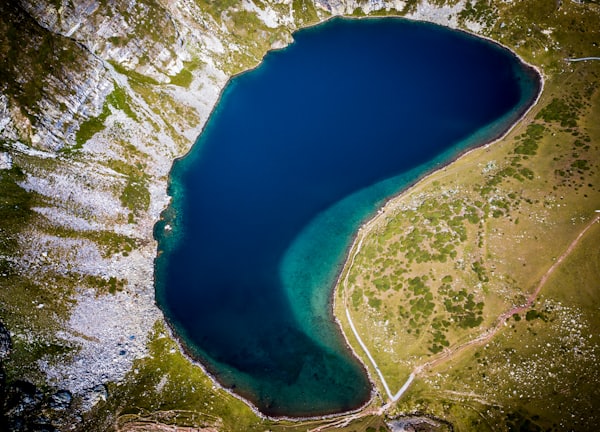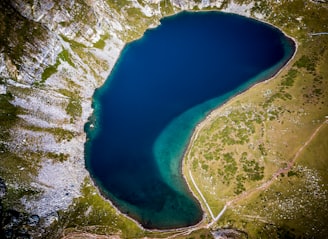
Preserve your kidney function
CHRONIC KIDNEY DISEASE
If you were told that you have CKD, it means your kidneys are damaged and can't function the way they should. The word "chronic" implies that the damage to your kidneys progresses slowly over a long period of time. The progression of CKD can be measured by estimated glomerular filtration rate (eGFR). According to National Kidney Foundation, a eGFR below 60 for three months or more indicates chronic kidney disease. You can get your eGFR reading from your blood test.
According to National Institute of Diabetes and Digestive and Kidney Diseases, you are more likely to develop CKD if you have:
a) Diabetes
b) High blood pressure
c) Heart disease
d) Family history of kidney failure
What does this mean to you? If you have any of the above, talk to your doctor to monitor your kidney function through blood test. Importantly, you can take preventative measures by starting to control your blood pressure level. Work with an Accredited Practising Dietitian to stablilise your blood glucose level if you have diabetes.
What is chronic kidney disease (CKD)?
Who should worry about getting checked for chronic kidney disease (CKD)?
should i be bothered if i have ckd?
Definitely! Your kidneys are very important organs. When you eat any food, your body processes the food and absorbs all nutrients needed. Any excess nutrients or elements not able to be processed will need to be removed; this is when your kidneys come in and do the jobs including:
a) Remove nitrogen waste from excess protein one consumes
b) Maintain water balance in your body and hence control blood pressure
c) Maintain the balance of salts and minerals such as sodium, potassium, phosphorus, calcium- in your blood
d) Remove acid produced by your body and thereby control blood pH
Besides, your kidneys also make hormones to keep your bone strong and healthy and to make red blood cells.
Now, can you imagine what would happen when your kidneys are damaged and losing their functions? Because kidneys serve us in many different ways, losing kidney functions can affect almost every parts of our body, which may include:
a) Physical functioning and frailty- you will feel fatigue or tired, have unintentional weight loss, muscle weakness, and low physical activity,
b) Cognitive impairment and difficulty concentrating
c) loss of appetite
d) taste change and loss of taste- no longer able to enjoy food!
e) Nausea
f) Cramping
g) Fluid buildup-swelling in your arms, legs, and lungs
g) Heart disease
h) Bone disease
i) Anaemia
j) Bruising or easily bleeding
k) Vulnerable to infection
When you reach stage 5 with end-stage kidney failure, going for dialysis regularly will also mean that your quality of life will be greatly affected!
references:
https://www.kidney.org/atoz/content/gfr
Kittiskulnam P, Sheshadri A, Johansen K. Consequences of CKD on Functioning. Seminars in Nephrology. 2016;36:305-18.
https://www.mayoclinic.org/diseases-conditions/chronic-kidney-disease/symptoms-causes/syc-20354521
is there anything i can do if i have ckd?
Yes! You are in control of your body. You can choose to protect your kidney from further damage. The sooner you take steps, the more opportunity you can earn to preserve your kidney function-take medicine as prescribed, change the way you eat, get enough sleep, and make physical activity part of your routine.
Changing the way you eat can be challenging when you have CKD because of the nature of disease complication. Thinking of getting support from a dietitian with special interest in kidney? You are most welcomed to get in touch with me to help you with your journey to preserve your kidney function.


